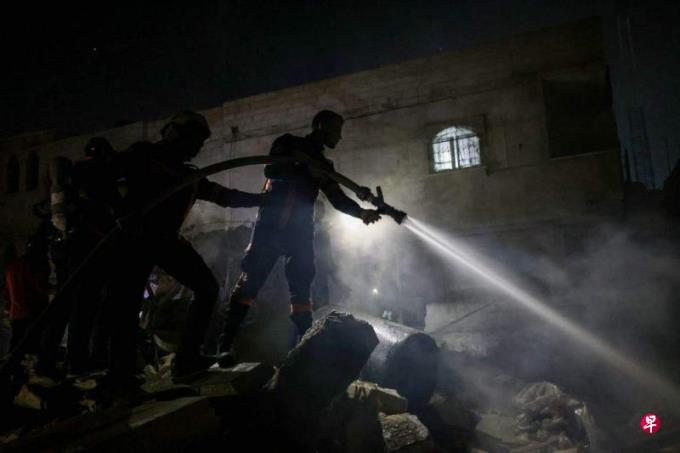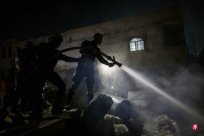
In the context of globalization, human society seems to be expected to get rid of the ghost of war, but war is still a complicated and continuous phenomenon.Incidents such as the Russia -Ukraine War and the Evis of the Evis show that war is still the key force for reshaping international relations and geopolitics.In geopolitical changes, war is sometimes regarded as a way to adjust international relations, which also reflects confrontation between ideology and systems, and brings challenges to globalization.
War has always been part of human history, but this does not mean that war is an inevitable choice for a civilized society.In fact, with the progress of society, human beings have been trying to find ways to avoid war.In the past, it was considered to be "in line with human nature", such as slavery and human sacrifice, which has been generally abandoned in modern civilized society.Therefore, although the war eliminating war is a long and complicated process, it is not impossible.Under certain circumstances, the struggle for justice and social progress may be necessary.However, this is not to say that war is an ideal or unique solution.The continuous development of international cooperation and diplomatic relations provides more possibilities to resolve conflicts peacefully.These efforts are the key to establishing a peaceful world.
U.S. political scholar Kenneth Neal Waltz pointed out in its important writer, the state and war (The State and War) that war stems from human nature and behavior, including the nature and behavior of mankind, including the nature and behavior of humanity, includingConflicts, including war, will inevitably appear.As the institutionalization form of national behavior, war is not anomalous phenomenon, but a phenomenon that is constantly occurring.War is not due to subconscious or emotional power, but caused by "excess of rational analysis".Plato, an ancient Greek philosopher, believes that the country is a "enlarged individual". The unique factors of national leaders' personality, background and decision -making behavior determine whether they choose war or peace under specific conditions.Ancient Greek historian Xiuqidid pointed out that "the growth of the Power of Athens and the fear caused by the Sparta people" caused the Berlonnenian war.The relationship between countries or groups has become tense, violent conflicts have occurred, and once the situation is out of control, it will be upgraded to war.The reason why the ruler has the idea of launching a war is because he saw the opportunity to win the war and has the ability to launch and control social and political forces.
Harold Leonard Nieburg believes that violence is a natural form of political behavior; in domestic and international communities, threatening opponents caused by violence is always the most effective means of paying for politics.In the international system, war is the continuation of politics, a tool for national policy, and a politics carried out by another means.From the perspective of Islamic Native Trusterists, the janades are more sacred than the Justice War, it is a sacred duty, and the blessing of the soul is overwhelming.In modern society, some extremist organizations may seek brainwashing people through religious teachings, instill extreme ideas, and seek public support by preaching violence and war.In some cases, it is manifested as a commitment to "detachment" or "redemption".
The international order established since the World War II has opened the process of globalization. After the end of the Cold War, the globalization system established by the WTO has matured.In the context of this change, American political scholar Francis Fukuyama proposed a historical end conclusion, arguing that the end of the Cold War not only symbolized the end of communism, but also the end of the development of human political history.
He advocates that the free democratic system represents the "end of the development of human ideology" and "the final rule of human beings".However, with the deepening of the Russian and Ukraine War and the continuity of Harbin conflict, and the challenge faced by the American democratic system, the theory of Fushan was seriously questioned.These incidents not only show the vulnerability of international order formed since World War II, but also exposed the lack of international systems when responding to emerging challenges.In the world's centuries -old changes, the establishment of a globalized "world civilization system" that surpasses the international system after World War II is particularly urgent. The core task is not only to prevent war, but also to effectively control and restrict the war, guide history to be more peaceful.Stable direction.
The author is a scholar in Chengdu, China



